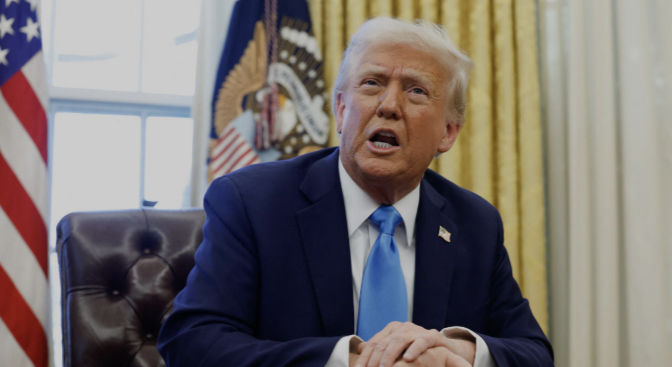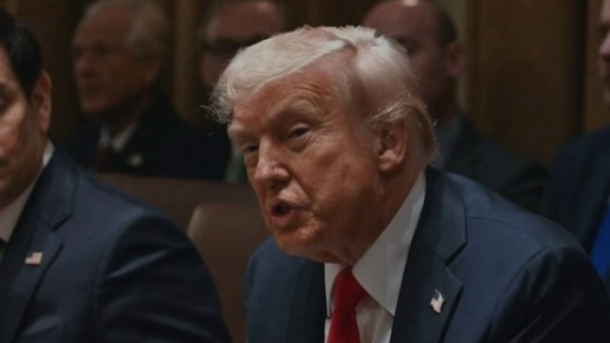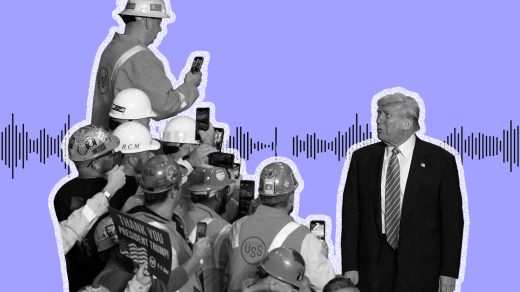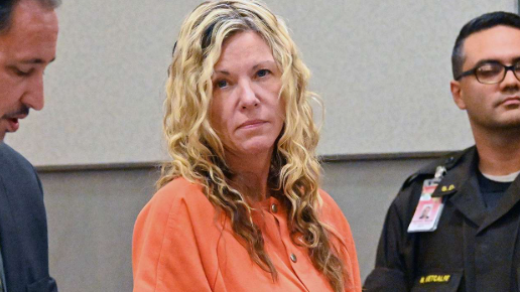Trump Yemen War Plans Leak: The inclusion of The Atlantic journalist Jeffrey Goldberg in Donald Trump’s Signal group chat discussing top-secret military strategies is no longer breaking news. However, what’s alarming is that Goldberg wasn’t just a silent observer—he later authored an article on the topic, triggering calls from Democrats for a formal investigation.
When pressed on the matter, Trump outright denied any knowledge of the incident. What stands out, however, is his lack of urgency in addressing the issue. Given the severity of a potential security breach, one would expect a commitment to getting to the bottom of it. Instead, his dismissive attitude seems reckless. The New Republic invited seasoned national security lawyer Bradley Moss to weigh in on the controversy on their podcast, The Daily Blast.
During the discussion, host Greg Sargent asked Moss about the gravity of the Trump Yemen war plans leak and how Goldberg ended up in a Signal chat that included high-profile figures like National Security Adviser Mike Waltz, Vice President JD Vance, Director of National Intelligence Tulsi Gabbard, and Defense Secretary Pete Hegseth. The chat reportedly centered on plans to launch strikes against Yemen’s Houthis to restore Red Sea shipping routes.

Trump Yemen War Plans Leak Highlights Security Risks
Trump Yemen War Plans Leak: Moss didn’t mince words. “This is like the movie Idiocracy becoming reality. It’s beyond reckless,” he remarked. He elaborated that while Signal is widely used in Washington, the app is still a commercially available, encrypted messaging platform—not an authorized channel for classified discussions.
What initially seemed like broad policy conversations quickly turned into detailed strategic discussions, covering operational plans, unit deployments, and intelligence on foreign entities. According to Moss, this exposed a blatant disregard for the need to safeguard sensitive information.
He further criticized the officials involved, stating, “These are individuals entrusted with the nation’s most classified secrets, yet they behaved like teenagers—exchanging messages filled with bravado and emojis.”
Sargent then questioned whether Signal is an appropriate platform for high-stakes national security conversations. Moss was firm in his response: “This could be a significant intelligence breach. Since Signal isn’t controlled by the U.S. government, adversarial nations have likely tried to infiltrate it. It’s absolutely unauthorized for discussing classified information.”

Trump’s Response to the Yemen War Plans Leak Raises Eyebrows
When Trump was confronted about the Trump Yemen war plans leak, he swiftly deflected. “I don’t know anything about it. I’m not a fan of The Atlantic. It’s a failing magazine. I know nothing about this,” he stated dismissively.
Moss pointed out how Trump’s reaction worsened the situation. He quipped, “It’s always the same with Trump—he’s somehow the last to know. Rather than express concern as the nation’s commander-in-chief, he immediately attacked The Atlantic.”
Moss further explained that a responsible leader would have prioritized a transparent investigation, ensuring top officials followed national security protocols. Instead, Trump defaulted to defensiveness, disregarding accountability, laws, and procedures that should apply to everyone—including him.
His reaction didn’t just appear uninformed—it painted him as an unfit leader who sidesteps responsibility. As Moss put it, “A serious issue like this warranted an official government response. Instead, Trump’s careless dismissal made him look even more incompetent.”
Source:www.inquisitr.com



